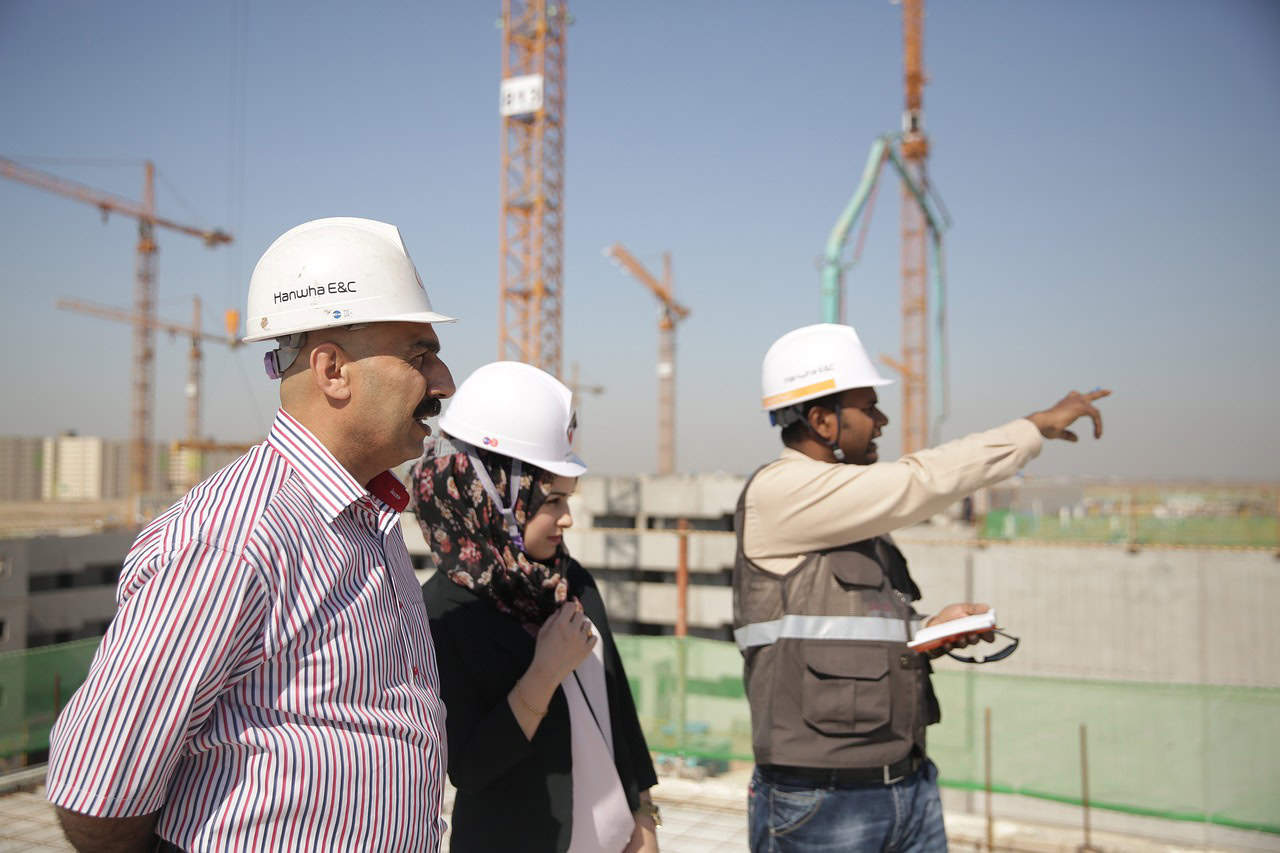The initiative between The Guild of European Research-Intensive Universities and ARUA is a new collaboration between mathematics researchers working throughout all regions of Africa and Europe, striving for equitable partnerships across the globe.
“There is a huge need for research expertise on mathematics in academia and business. We are excited not only about the quality of the new cluster and its dedication to strengthening the field of mathematics, but also about its huge potential to collaborate with other clusters,” said Jan Palmowski, the Guild secretary general.
The CoRE initiative was launched in the summer of 2023 to establish ties between researchers from Africa and Europe, addressing the UN’s Sustainable Development Goals through research, education, capacity building, mobility and innovation.
The new cluster, CoRE-Math, will develop a collaborative PhD program to train mathematics graduates with a key aim of applying their knowledge beyond academia, prioritising innovation and technology to meet societal demands.
“Their integrated, collaborative plans are designed to have multiple outcomes with concrete potential to contribute to all 17 SDGs, with applications linked to a variety of academic disciplines and societal sectors, from physics to business and intelligent agriculture to city planning,” Sean Rowlands, senior policy officer at the Guild told The PIE News.
The partnership builds on the Eastern Africa Universities Mathematics Program, established in 2002, which provides mobile postgraduate training to academics at institutions across the continent.
This transnational and multidisciplinary CoRE will be critical in reshaping research and training on the continent
John Gyapong, ARUA
“The CoRE-Math represents an exciting addition to the scope of collaborative research in STEM, particularly in Africa, where the contribution of mathematics has not been prominent, said John Gyapong, ARUA secretary general.
“This transnational and multidisciplinary CoRE will be critical in reshaping research and training on the continent and significantly complement ARUA’s goal of revolutionising doctoral training on the continent,” he added.
CoRE-Math members will join around 200 researchers of the 20 existing Africa-Europe clusters for their first conference at Stellenbosch University from September 30 – October 2, 2024.
Other CoRE initiatives focus on public health, the green transition, innovation and technology and capacities for science.
The inaugural CoRE conference will gather academics from nearly 50 institutions and across 27 countries in Africa and Europe, coming together with policymakers to show how research partnerships are contributing to the AU-EU Innovation Agenda.
Collaborations between African and European universities are aligned with the innovation and technology priority area of the agenda for achieving the EU’s Global Gateway strategy and the AU’s Agenda 2063, Africa’s blueprint for delivering on inclusive and sustainable development.
Last year, the Guild, which represents 22 research universities across Europe, called on European universities to remove barriers to transnational mobility and invest more in research and innovation.
AURA was inaugurated in Dakar in March 2015, bringing together 16 of the region’s leading universities to expand and enhance the quality of scientific research across Africa.




